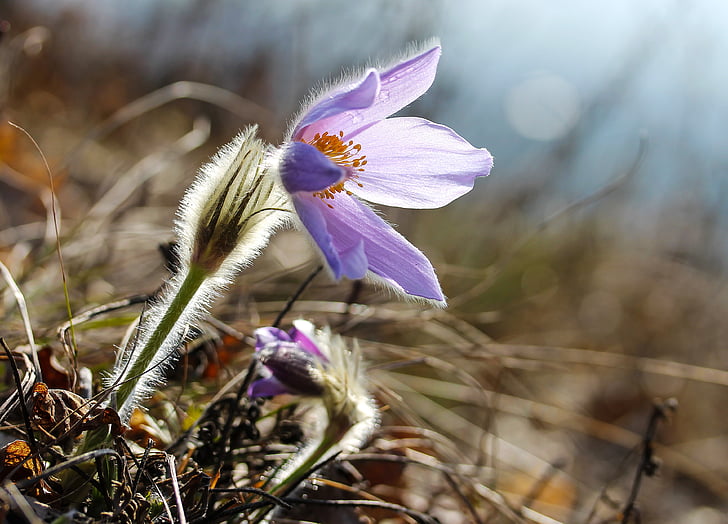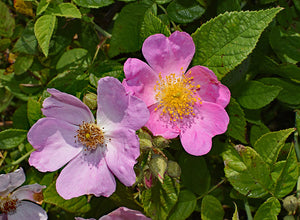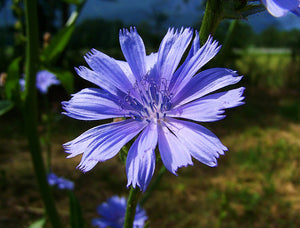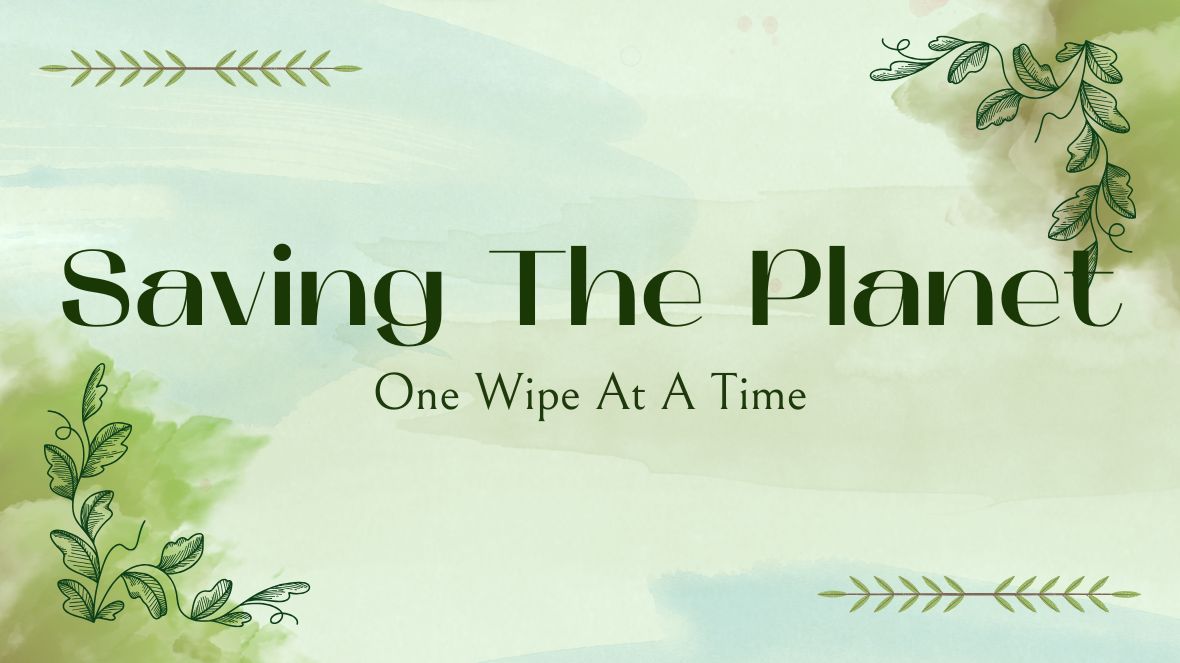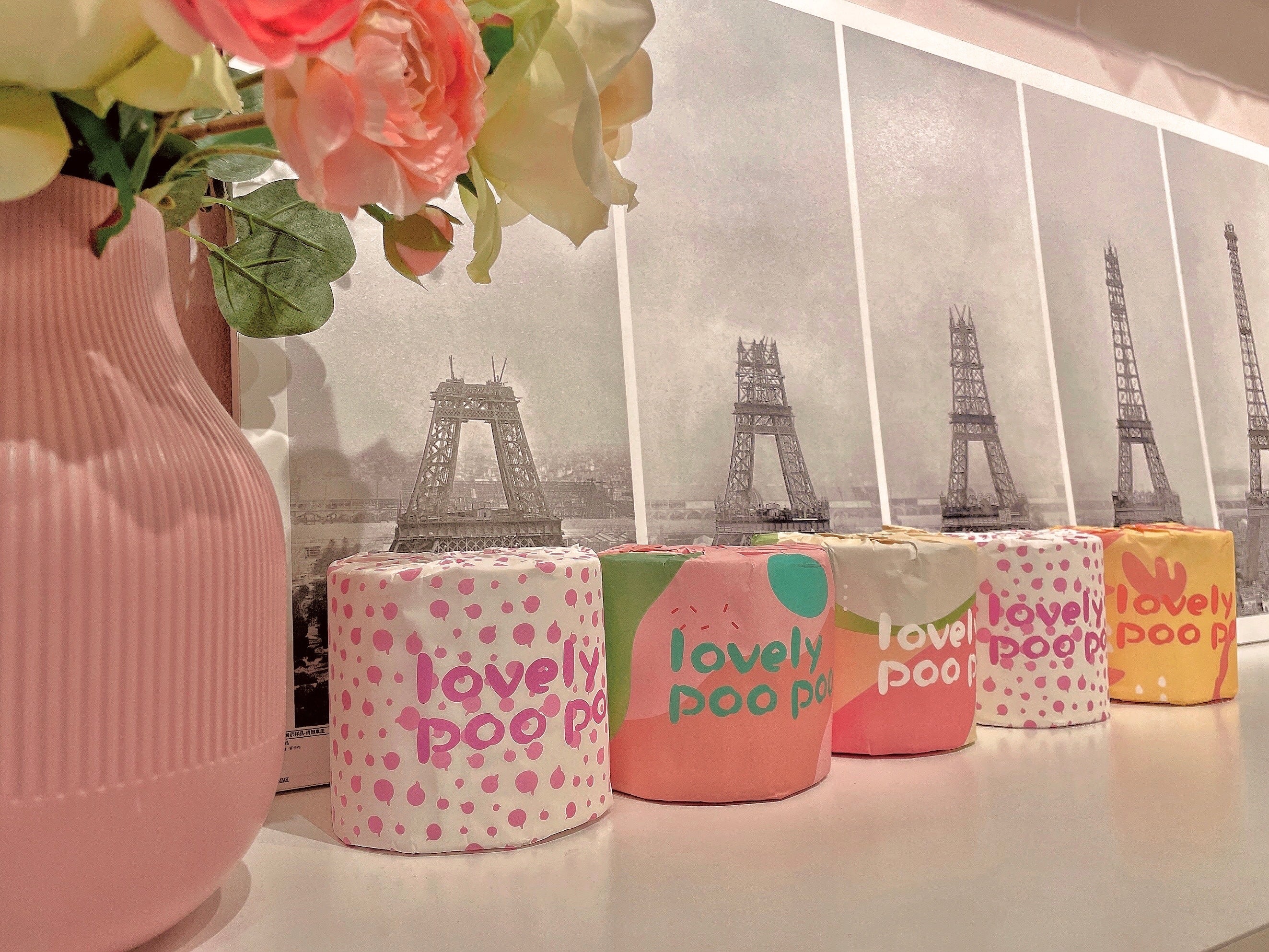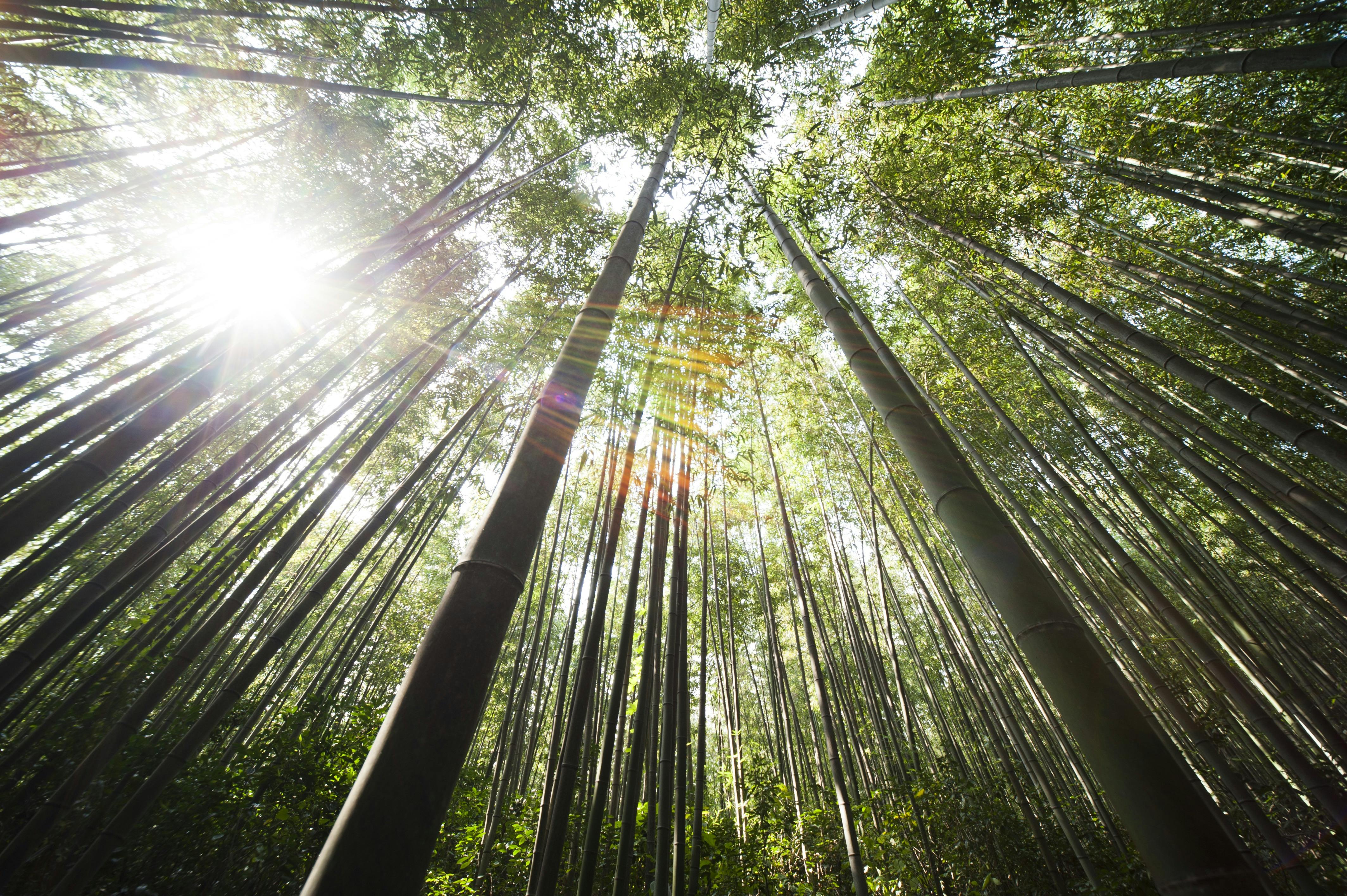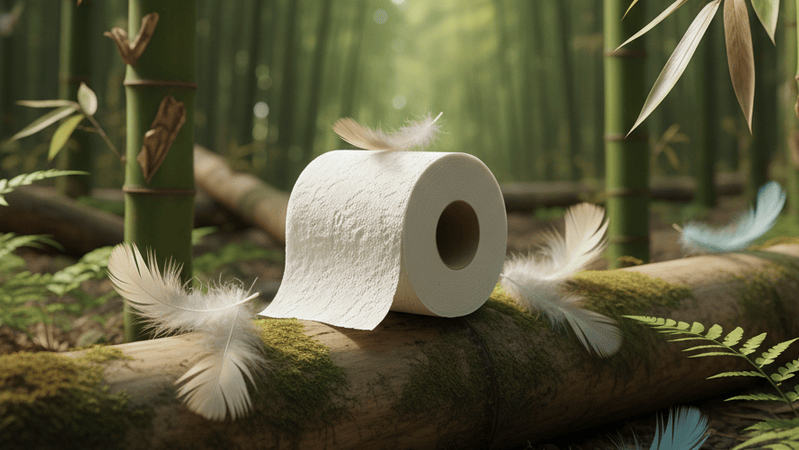Bamboo, often referred to as the "gift of the gods," is a versatile and ecologically friendly material that has been used by humans for thousands of years. It's not just a pretty plant; bamboo is a powerhouse of sustainability and environmental benefits. Lovely Poo Poo specializing in bamboo toilet paper, we want to share some fascinating facts about this remarkable grass that could change the way you view everyday products.
1. Bamboo is a Grass, Not a Tree
Contrary to popular belief, bamboo is not a tree but the largest member of the grass family. It's related to rice, wheat, and even your morning cup of coffee. This classification is significant because it means bamboo can grow much faster than trees, making it a highly renewable resource.
2. It's the Fastest Growing Plant on Earth
Bamboo can grow up to 35 inches (91 cm) in a single day, which is about the same rate as the human fingernails grow. In just 60 days, some species can reach their full height of over 100 feet (30 meters). This rapid growth rate is one of the reasons bamboo is considered a sustainable material for various products.
3. It's Incredibly Diverse
There are more than 1,400 species of bamboo spread across the world, with the majority found in Asia. Each species has unique characteristics, from the size and color of the culms (stems) to the shape of the leaves. This diversity makes bamboo suitable for a wide range of applications, from construction to textiles.
4. It's a Natural Water Filter
Bamboo's root system is so efficient at filtering water that it can remove pollutants and toxins. This natural filtration process is one of the reasons bamboo forests are often found near water sources, providing clean water for both humans and wildlife.
5. It Sequesters Carbon
Bamboo plays a crucial role in carbon sequestration, capturing and storing carbon dioxide from the atmosphere. In fact, bamboo forests can store up to 50% more carbon than some tree species, making them an essential ally in the fight against climate change.
6. It's Resilient
Bamboo's resilience is legendary. It can bend and sway with the wind, reducing the risk of damage during storms. This flexibility makes bamboo an ideal building material in earthquake-prone regions, as it can absorb seismic shocks without breaking.
7. It's Edible
Many species of bamboo produce shoots that are edible and highly nutritious. Bamboo shoots are a staple in Asian cuisine and are packed with fiber, protein, and essential nutrients. They're also a good source of potassium, magnesium, and iron.
8. It's Used in Traditional Medicine
Bamboo has been used in traditional medicine for centuries. Different parts of the plant, including the leaves, stems, and shoots, have been used to treat various ailments, from digestive issues to skin conditions.
9. It's a Building Material
Bamboo's strength and flexibility make it an excellent building material. It's lightweight, yet it can support significant weight, and it's more earthquake-resistant than concrete and steel. Bamboo buildings are becoming increasingly popular, especially in regions where sustainability is a priority.
10. It's Eco-Friendly for Everyday Products
Bamboo's eco-friendliness extends beyond construction and food. It's used in a variety of consumer products, from toilet paper to furniture, because of its renewability and biodegradability. Bamboo toilet paper, for example, is a sustainable alternative to traditional paper products, reducing your environmental footprint without compromising on quality.
So. . .
Bamboo is a testament to nature's ingenuity, offering a myriad of benefits that make it an ideal material for a sustainable lifestyle. Its rapid growth, diversity, and versatility make it a standout choice for those looking to reduce their environmental impact. By choosing products made from bamboo, like our FSC certified bamboo toilet paper, you're not only enjoying the benefits of a natural, renewable resource, but you're also supporting a future where sustainability is the norm.
As we continue to explore the potential of bamboo, it's clear that this ancient plant has a bright future in our modern world. Let's embrace the wonders of bamboo and contribute to a greener, more sustainable planet together.
Read more:
- Sowing Seeds of Change: A Journey Through the History of the Environmental Movement
- Healing the Earth: Unraveling the Mysteries of Acid Rain
- A Breath of Fresh Air: Demystifying WMO's Global Climate Observing System (GCOS)
